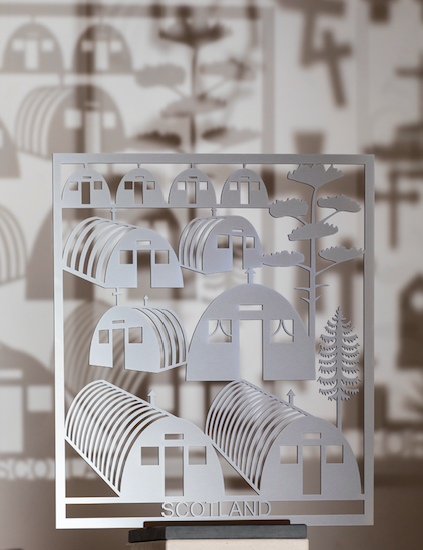
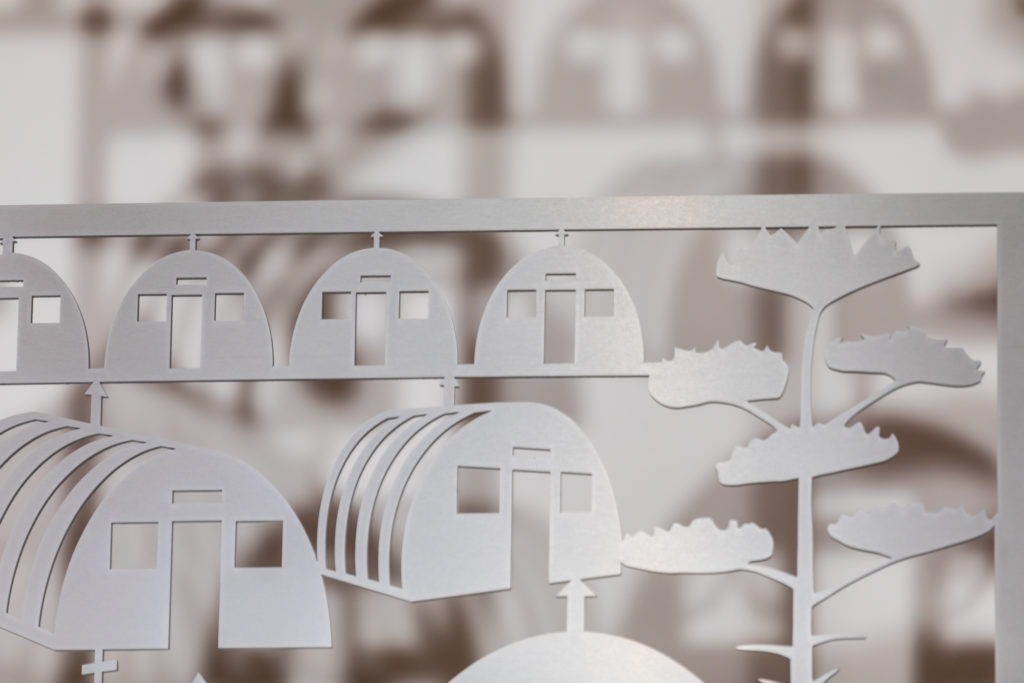
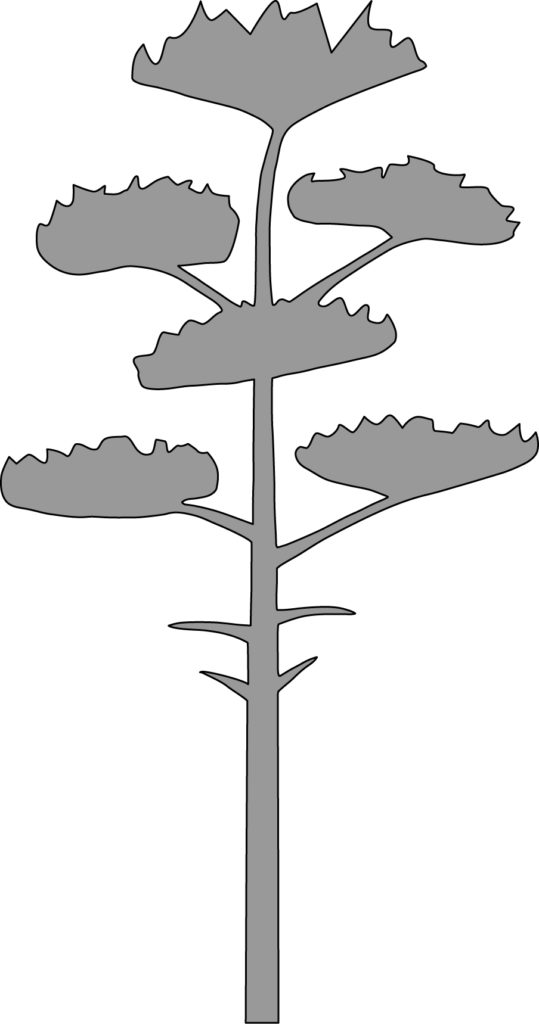
When the East African camps were closed in the early 1950s, the families of Polish refugees had to move on once more. Many people, including Anna Sokulska Forster, had left the camp earlier to work in Kenya. Anna worked as a nanny for an English family in Nairobi and had to learn English. Everyone on this long journey of migration had had to learn enough words in the languages of all the countries where they had stayed, in order to communicate with the local populations. These included Russian, Uzbek, Farsi, and Swahili.
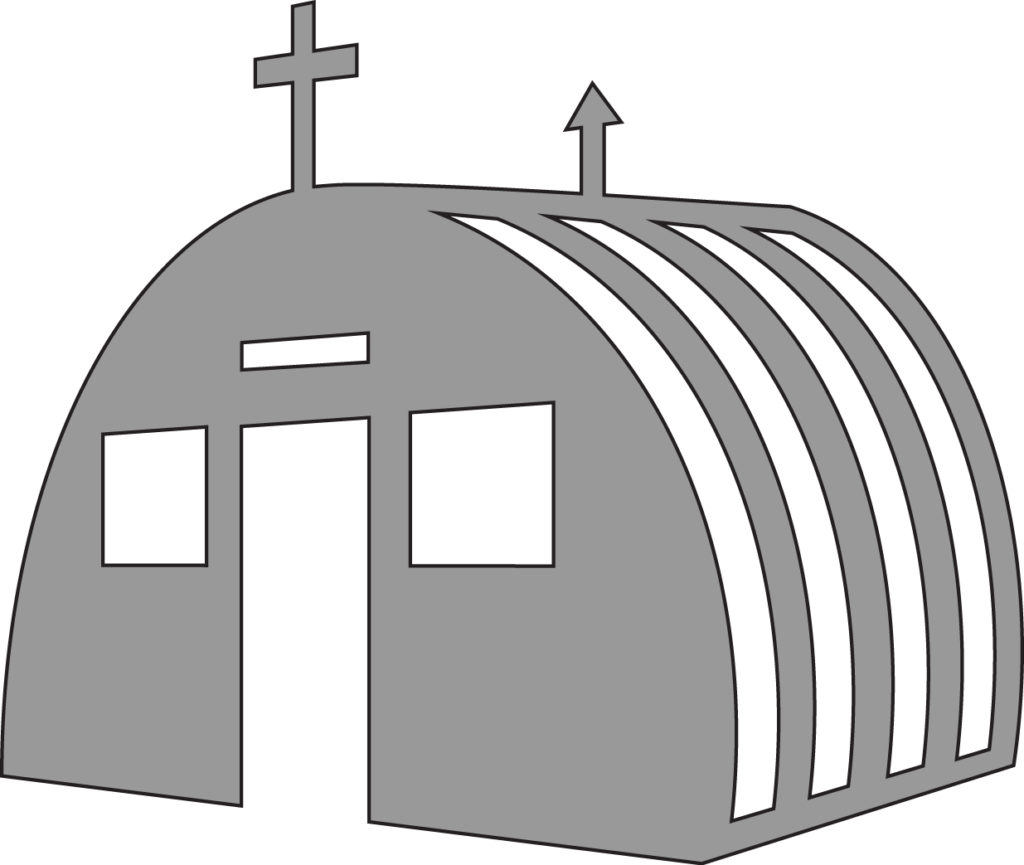
When the camps closed, the Polish soldiers and their families were allowed to come to Britain, and resettlement camps were established for them all over the country, including several in Scotland. Accommodation was often in Nissen huts, in camps that had been recently vacated by American and Canadian armed forces. In fact, in some cases, members of the Polish army had already lived in camps like these, while fighting alongside British troops during the Second World War.
Gradually, families began finding more permanent forms of shelter, and Polish communities were established in places like Bradford and Edinburgh. One of our podcast guests, Mat Fahrenholz, has shared his memories of growing up in the Polish community in St Andrews, Fife; and the University of St Andrews has some fascinating archives that offer glimpses into what life was like for Polish people who ended up living in the town both during and after the war.
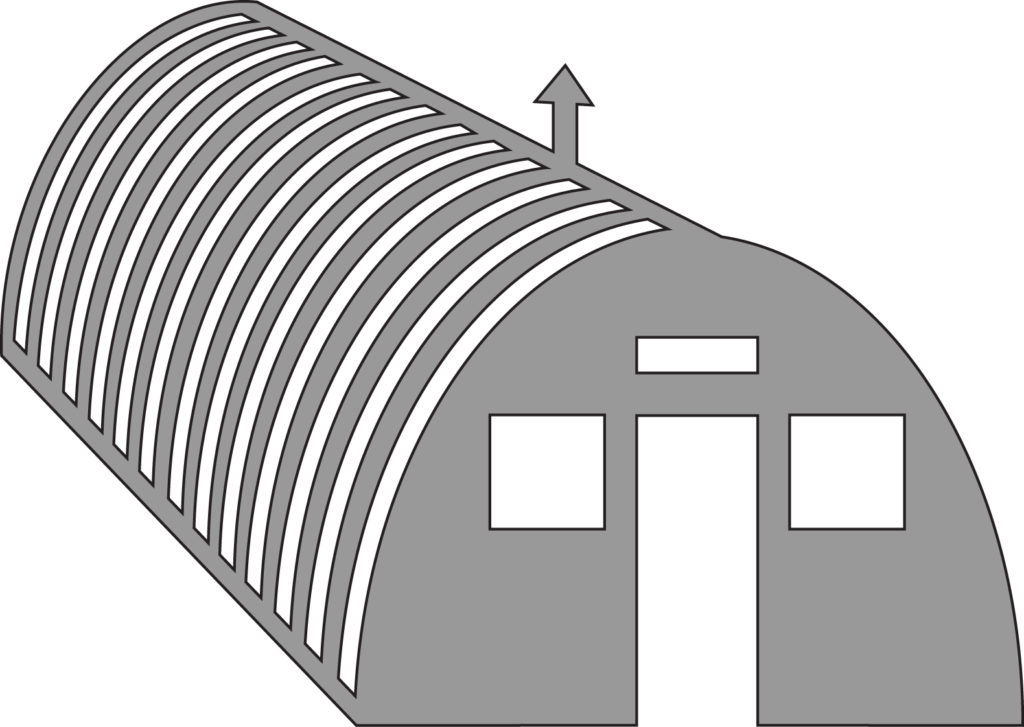
Anna herself married an Englishman in Nairobi in 1945 and they stayed in Kenya until 1960. This is where Diana Forster and her brother were born. By the time they moved to the UK, Anna’s mother and brothers were already living there – along with a large population of other Poles, who had found their way to Britain via many different routes, all displaced in one way or another by the Second World War. Although Britain became ‘home’, refugees like Anna carried with them the legacy of their forced displacement for the rest of their lives: the traumatic memories, the stories they felt unable to share, the experiences which they did not have in common with their new neighbours, and the ‘othering’ they experienced, when British people focused on their ‘Polishness’. At the same time, they made huge contributions to British life and culture, and – as Josef Butler explains in this podcast interview – there is much to celebrate about the decision that many Polish refugees made to stay, put down roots and build new lives in the UK. British society, culture, politics and identity have all been shaped by this historic migration – as by many other migrations before and since.
